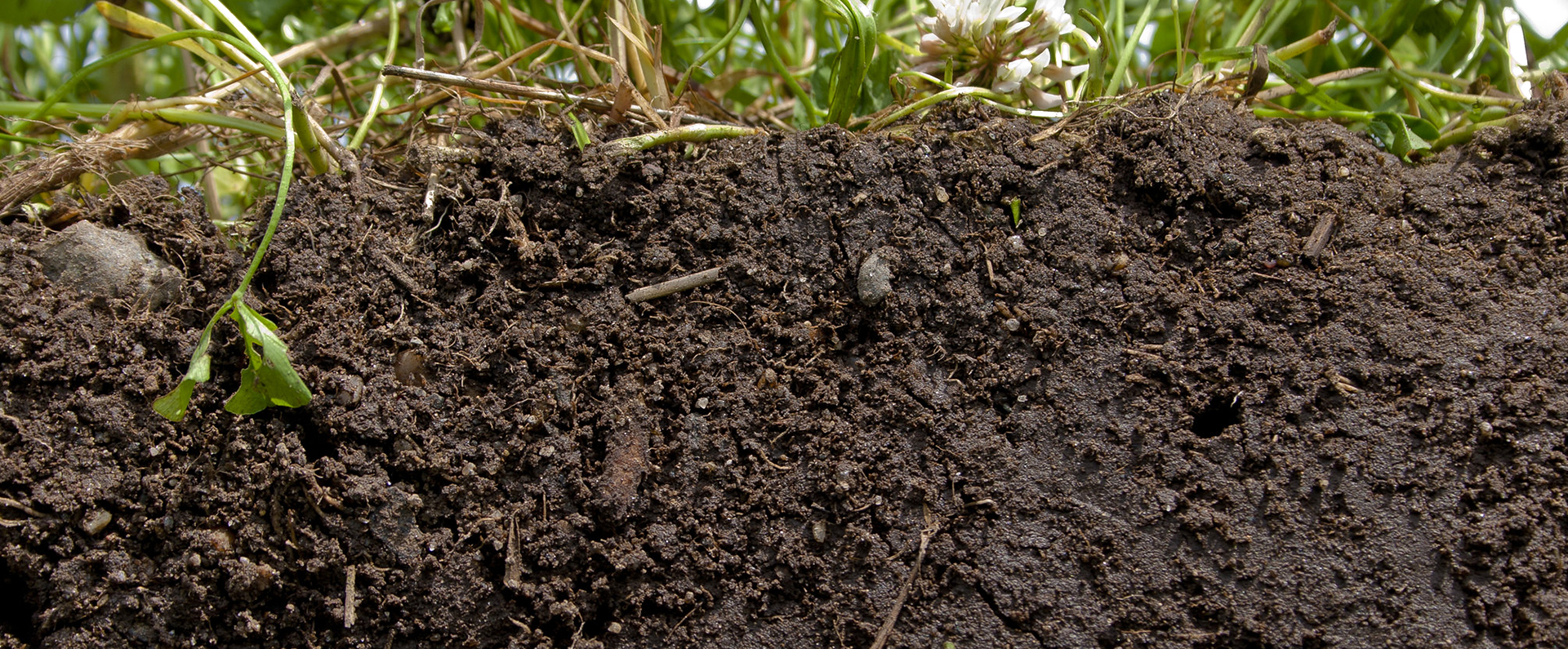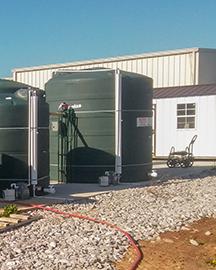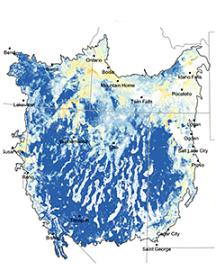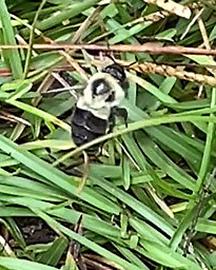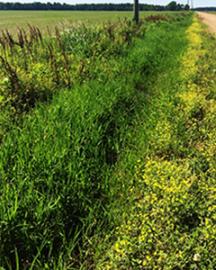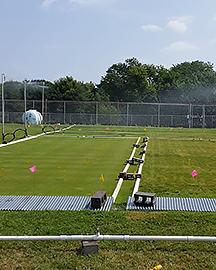How Healthy is Your Soil? Digging Deeper for Answers
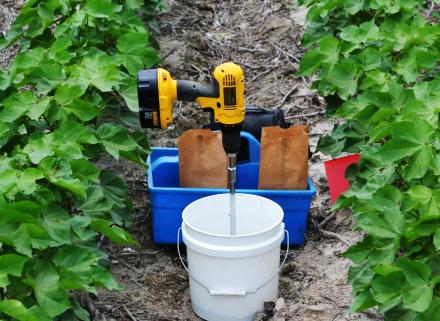
How much carbon is stored in soil? The answer is crucial, both for the soil's fertility and its ability to combat climate change. Researchers at the ARS Plant Science Research Unit in Raleigh, NC, have developed a new, easier way to find the answer. Using a combination of deep soil samples and a mathematical model, researchers obtained soil carbon estimates comparable to those from more traditional approaches, but with much less time and effort.
The approach has many potential applications, including better assessments of soil health and changes in carbon levels; one immediate use could be tracking soil carbon levels on farms that receive incentive payments for sequestering carbon. The issue is particularly important because some agricultural practices, such as tillage, disturb the soil in ways that cause it to lose carbon; improved measurement techniques might help conservation specialists in their efforts to monitor and restore soil carbon and soil health.
Related Information



